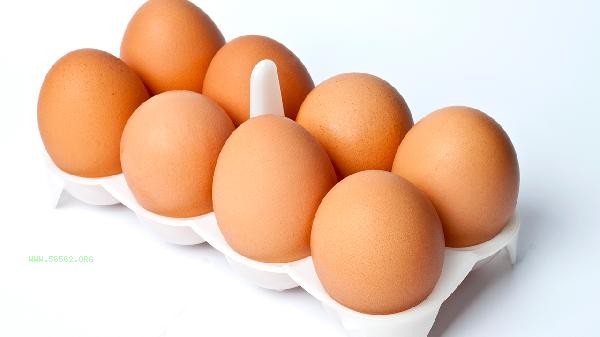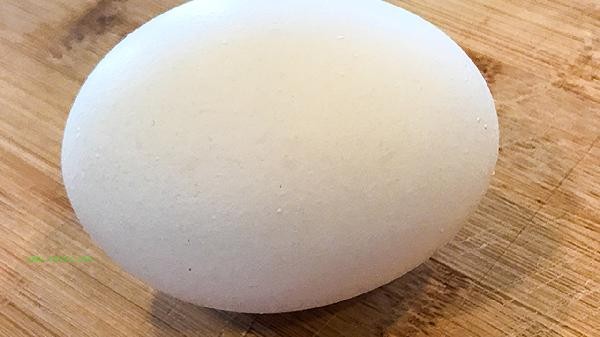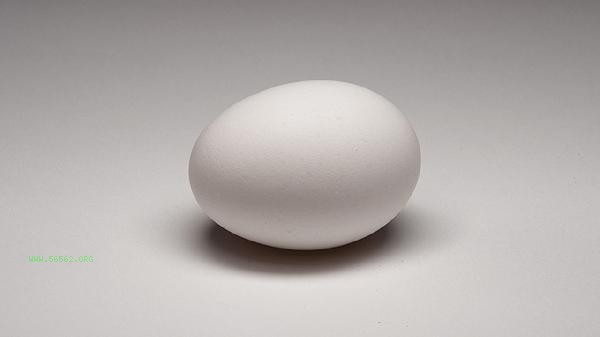Green beans and eggs can supplement high-quality protein and dietary fiber, helping to enhance immunity and promote digestion. Green beans are rich in plant protein and minerals, while eggs provide animal protein and lecithin. The combination of the two can enhance nutrient absorption. When mung beans are paired with eggs, the dietary fiber in mung beans can slow down gastric emptying, allowing the protein in eggs to be more fully broken down and absorbed. The B vitamins contained in mung beans can work synergistically with choline in eggs to help improve neurological function. The potassium element in mung beans and the sodium element in eggs form a balance, which has a positive effect on maintaining electrolyte stability. The combination of polyphenols in mung beans and selenium in eggs can enhance antioxidant effects. The combination of the two can also provide a relatively complete combination of essential amino acids, especially suitable for vegetarians to supplement protein.

In special circumstances, excessive consumption of mung beans by individuals with spleen and stomach deficiency and coldness may cause bloating. It is recommended to cook with ginger shreds to neutralize the coldness. People who are allergic to eggs or suffer from severe kidney disease and need to limit protein intake should consume it with caution. Elderly people with weak digestive function can boil mung beans until soft and tender, and choose to boil or steam eggs to reduce digestive burden. Patients with acute gout attacks need to control their intake of mung beans to avoid increasing purine metabolism burden.

For daily consumption, it is recommended to soak mung beans in advance and cook them together with eggs into Congee, or make mung bean egg soup to retain nutrition. In summer, lily and lotus seeds can be paired to enhance the heat clearing effect, while in winter, red dates and goji berries can be added to improve the warming and nourishing effects. Please note that mung beans should not be taken with traditional Chinese medicine, and eggs should be avoided from being consumed with persimmons and strong tea. The principle of keeping ingredients fresh and in moderation is generally recommended for adults to consume 3-4 times a week, with no more than 50 grams of mung beans and 1-2 eggs per serving. Individuals with special physical conditions are advised to consult a physician or nutritionist to develop personalized plans.










Comments (0)
Leave a Comment
No comments yet
Be the first to share your thoughts!